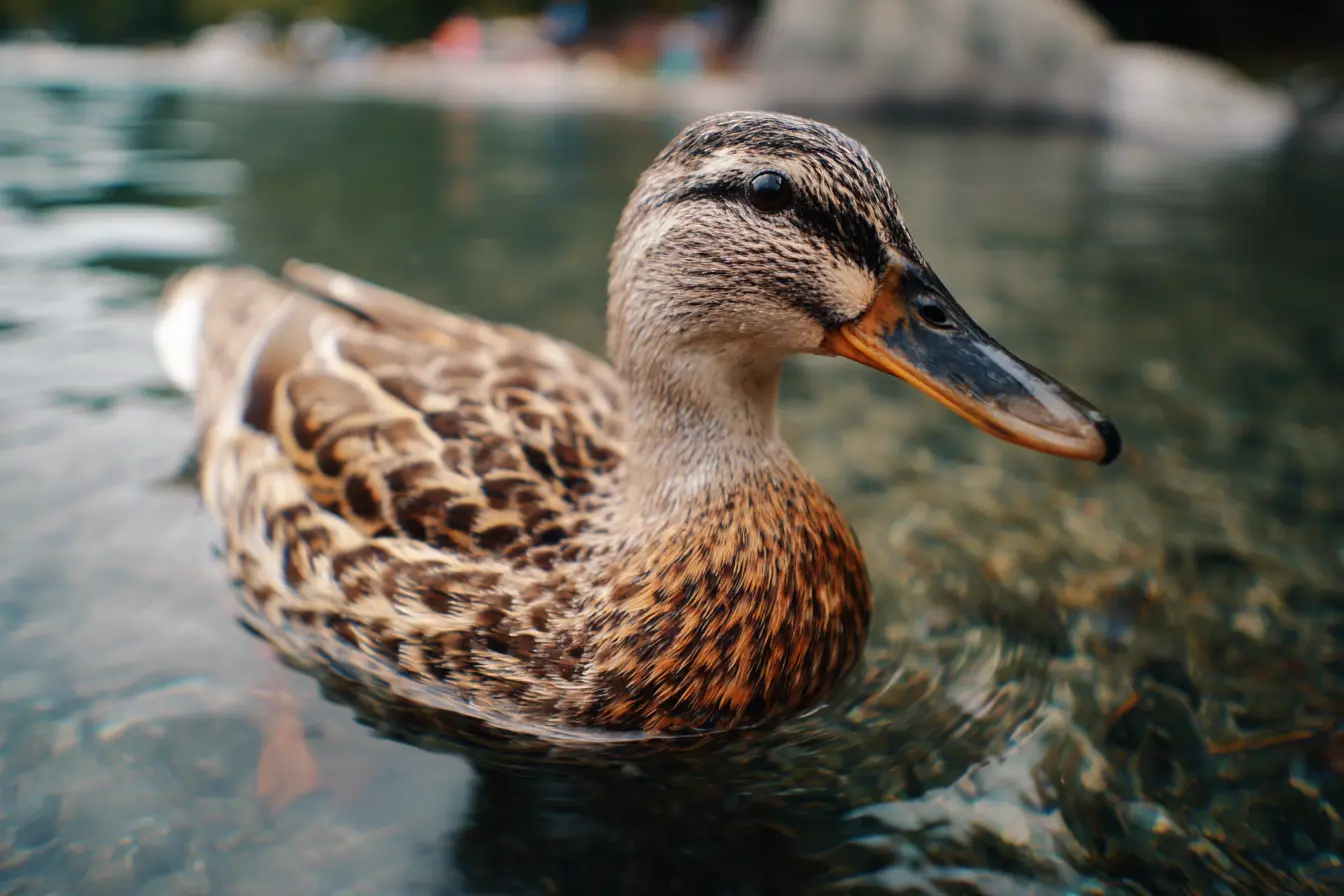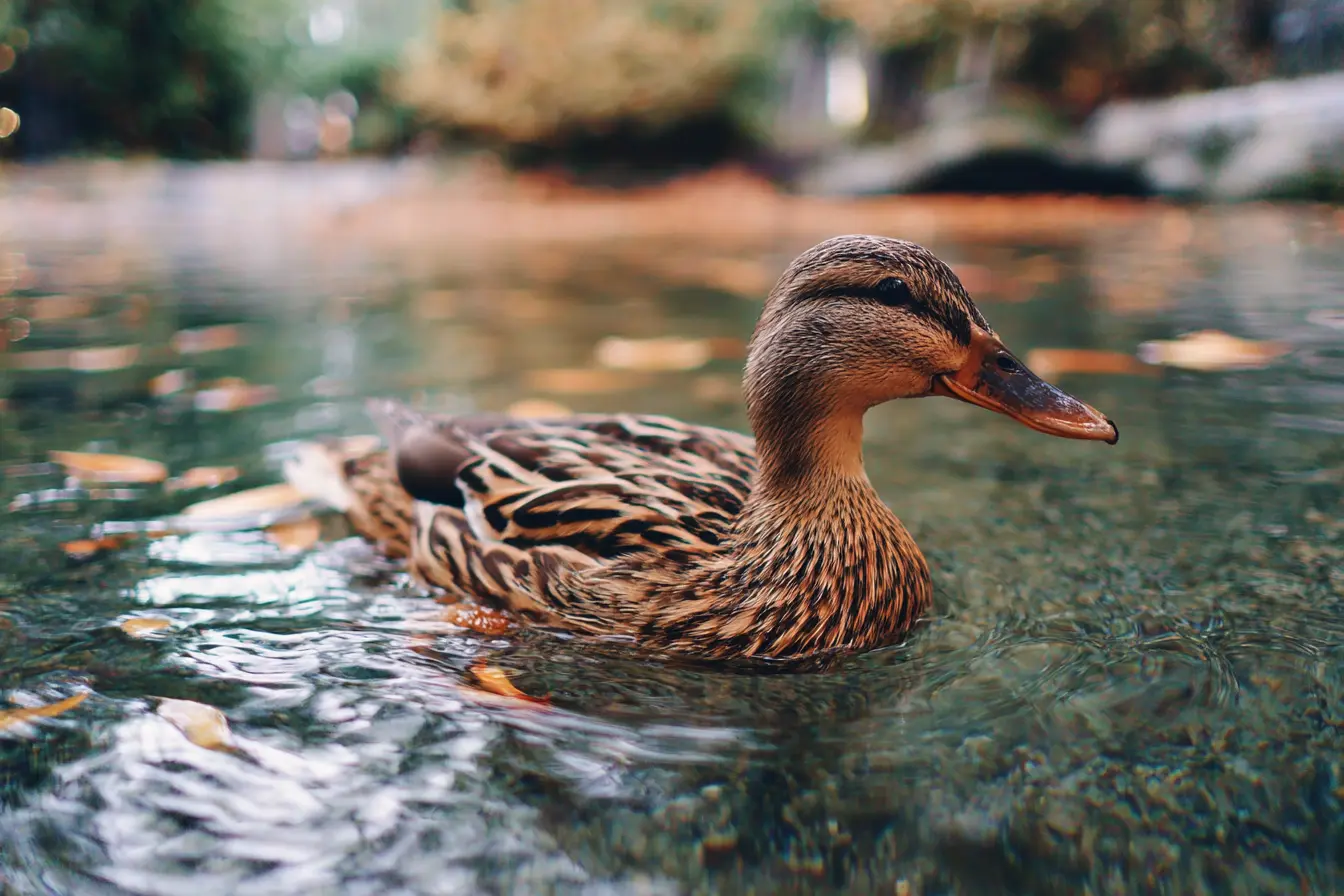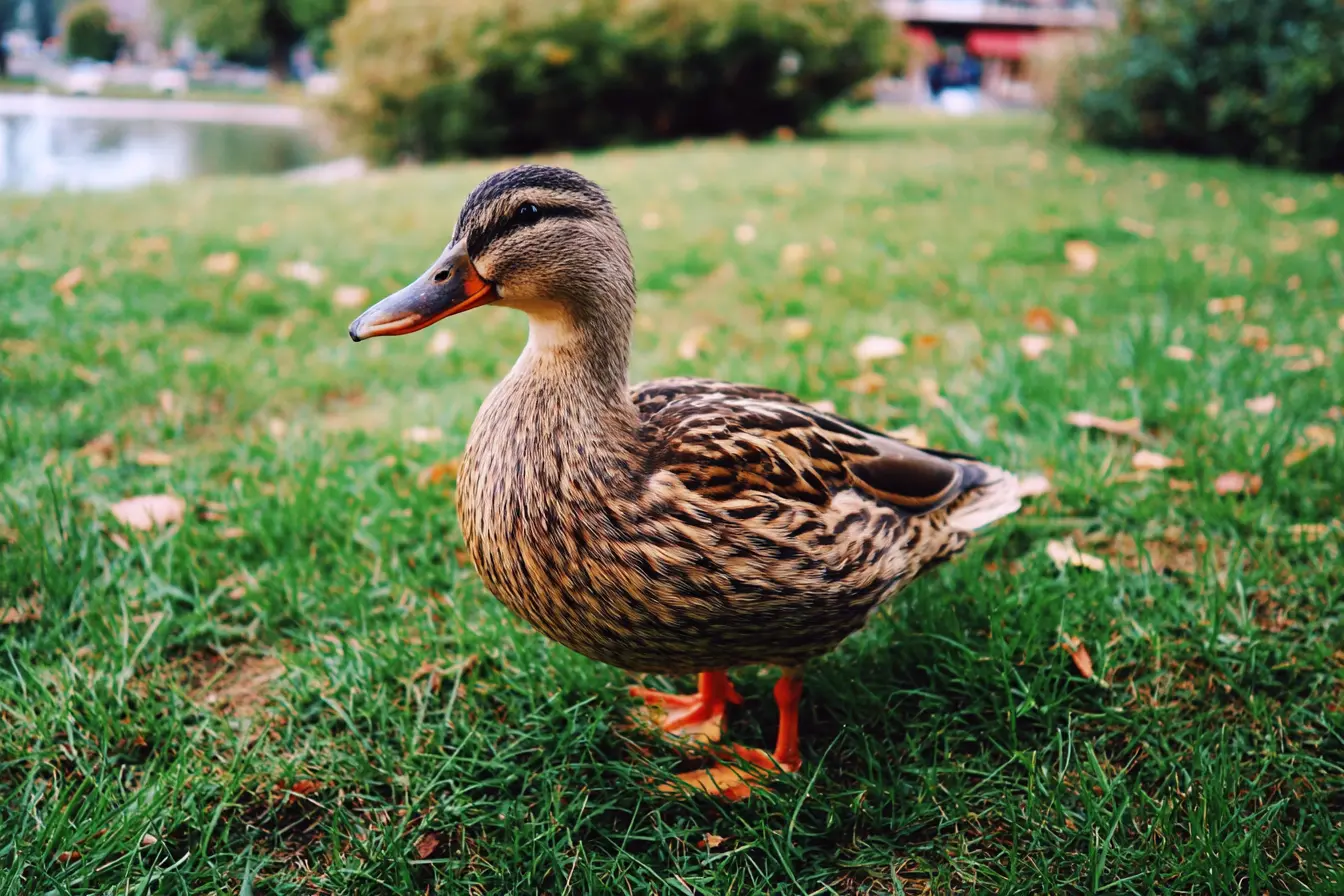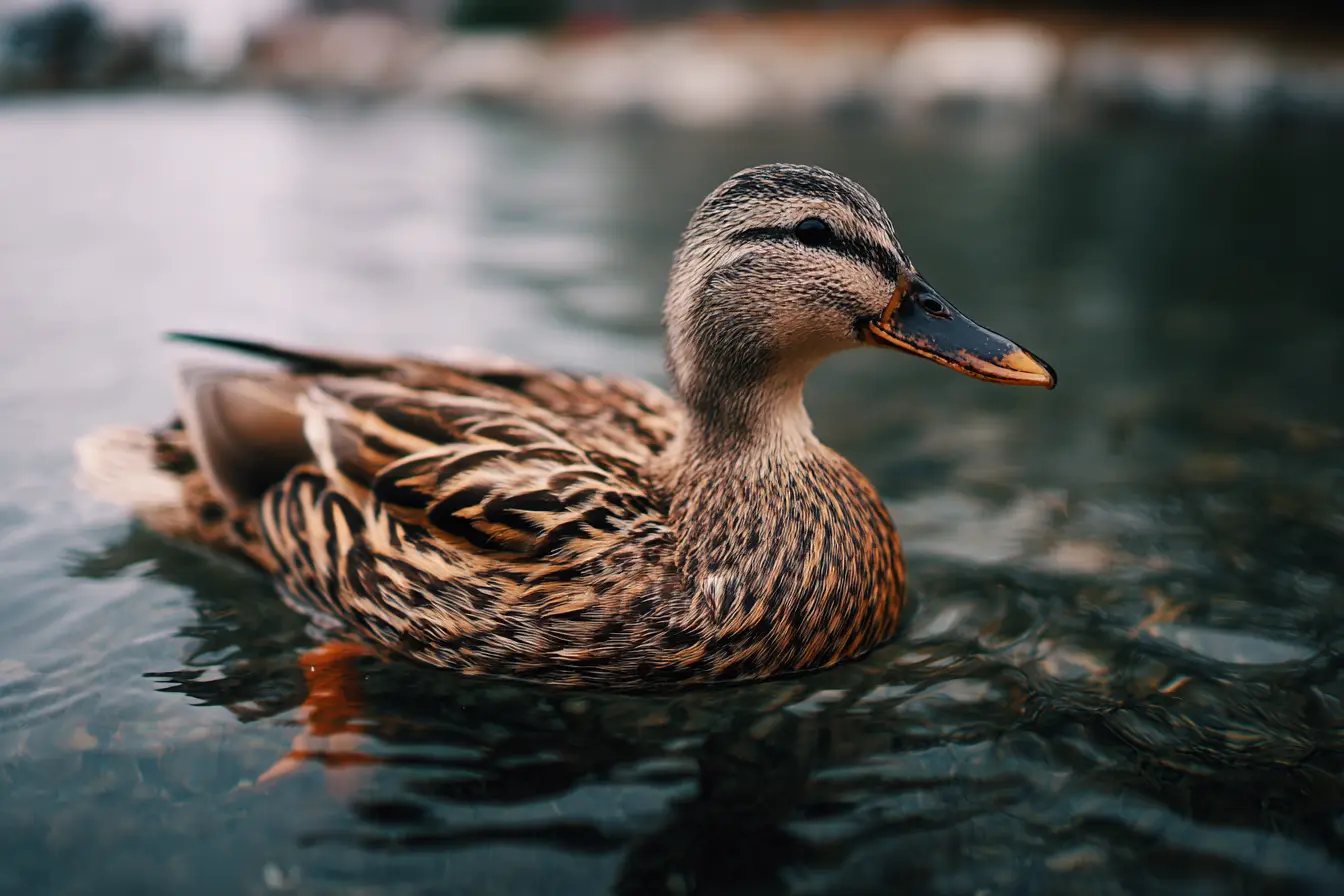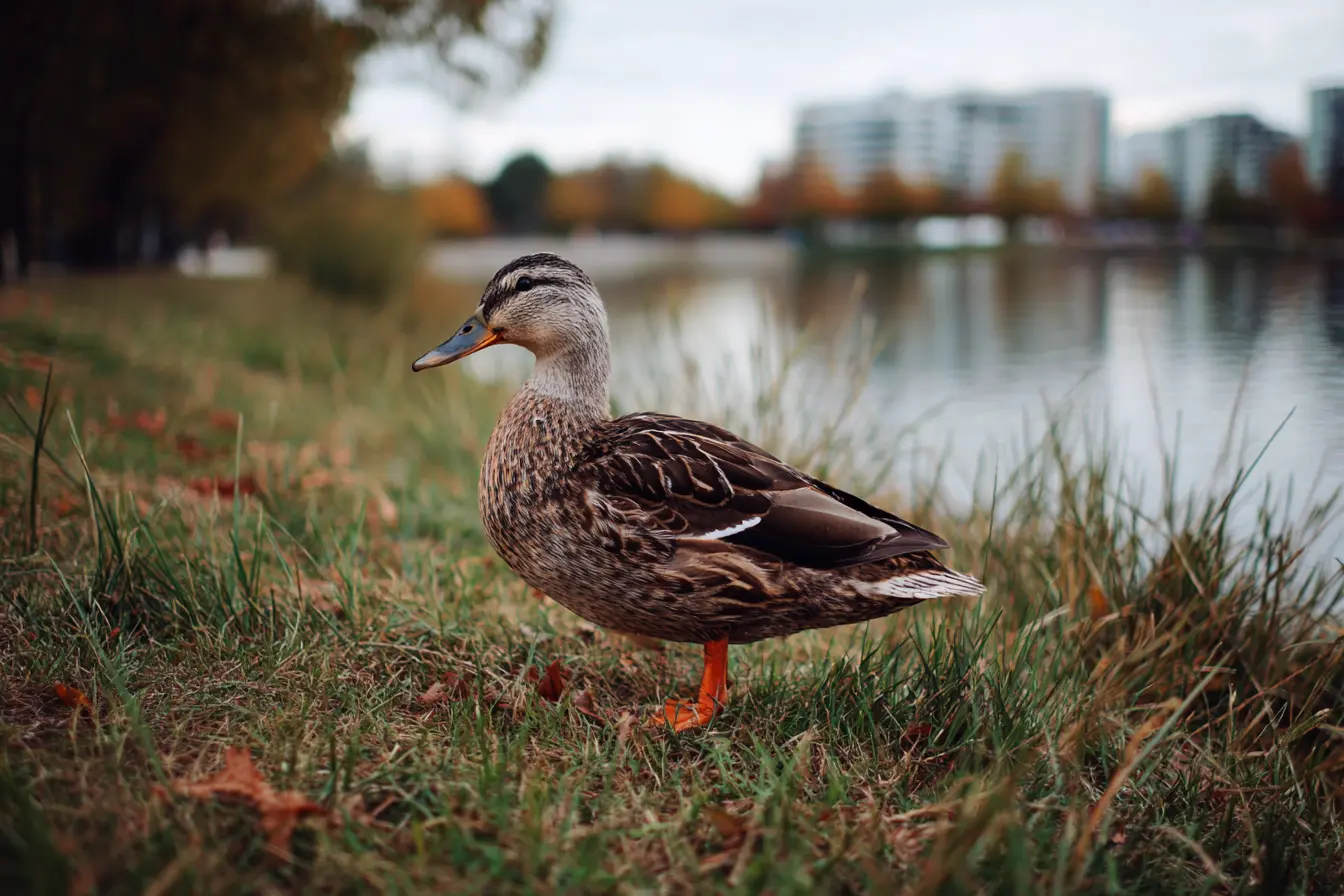
Niacin Deficiency in Ducks: Causes, Symptoms, and How to Fix It
Niacin deficiency is one of the most common nutritional problems seen in domestic ducks, particularly in fast-growing ducklings. Unlike chickens, ducks require relatively high levels of niacin (vitamin B3) in their diet to support proper development—especially in the legs and nervous system.
In this post, we’ll explain what niacin is, why ducks need it, how to recognise a deficiency, and what you can do to prevent or treat it.
What is Niacin?
Niacin, also known as vitamin B3, is a water-soluble vitamin that plays a vital role in metabolism, nervous system function, and overall growth. It helps convert food into energy and supports healthy skin, nerves, and digestion.
While chickens can synthesise some of their own niacin from the amino acid tryptophan, ducks cannot do this efficiently. This makes them much more reliant on dietary sources of niacin to stay healthy—especially during the critical first few weeks of life.
Why Ducks Are More Susceptible
Ducks grow rapidly compared to chicks, and their bones, joints, and muscles need strong nutritional support from day one. Standard chick starter feed often lacks sufficient niacin for ducklings, leading to widespread deficiency in backyard flocks where duck-specific feed may not be used.
Recommended Niacin Levels
- Ducklings (0–8 weeks): 55–70 mg/kg of feed
- Adults: 35–40 mg/kg of feed
Many chick feeds contain only around 25–35 mg/kg—far too low for healthy duckling development.
Symptoms of Niacin Deficiency
Signs of niacin deficiency typically appear in ducklings between 1 and 3 weeks of age. Look out for:
- Weak legs or reluctance to walk
- Splayed legs or bow-legged appearance
- Swollen joints or foot pads
- Trembling or unsteady gait
- Lethargy and poor growth
- "Penguin stance" (upright sitting due to leg pain)
- In severe cases, permanent leg deformities or death
It’s important to act quickly when symptoms appear, as prolonged deficiency can lead to irreversible damage.
Diagnosis
Niacin deficiency is usually diagnosed based on:
- Diet history (e.g. feeding chick starter with no niacin supplement)
- Observable leg and mobility issues
- Improvement of symptoms after niacin supplementation
Laboratory confirmation is rarely needed unless other health issues are suspected.
Treatment
Treatment is straightforward and highly effective if started early.
Supplementing Niacin
- Brewer’s yeast: Add to feed (1–2 tablespoons per cup of feed)
- Niacin tablets (vitamin B3): Add to drinking water (100–150 mg per gallon)
- Specific poultry niacin supplements: Available online or at agricultural stores
Always use plain niacin (nicotinic acid) and avoid “no-flush” or “slow-release” forms, as these are not suitable for birds.
Supplement for at least 2–3 weeks or until symptoms resolve. Continue monitoring until ducks are switched to a proper grower or adult diet.
Supportive Care
- Keep affected ducklings on soft bedding with easy access to food and water
- Prevent slipping or injury by using non-slip surfaces in the brooder
- Offer warm baths to help relieve pressure on joints (supervised)
Prevention
Preventing niacin deficiency is much easier than treating it. Follow these tips:
- Feed ducklings a waterfowl or game bird starter feed with appropriate niacin levels
- If using chick starter, supplement with brewer’s yeast or niacin tablets from day one
- Avoid feeding medicated chick starter to ducklings unless advised by a vet
- Monitor leg development daily during the first few weeks
Niacin Deficiency vs Other Conditions
Niacin deficiency is often confused with:
- Slipped tendon (requires vet attention)
- Leg injuries or sprains
- Splay leg (can be caused by slippery surfaces or hatching issues)
- Meningitis or neurological illness (more severe, may include head tremors)
Prompt niacin supplementation is usually a reliable way to rule out nutritional deficiency as the cause of lameness.
Key Takeaways
- Niacin (vitamin B3) is essential for duck health, especially in fast-growing ducklings
- Deficiency can cause weak legs, deformities, stunted growth, and death
- Chick feed is often too low in niacin for ducklings—supplementation is usually necessary
- Brewer’s yeast or plain niacin tablets are safe and effective treatments
- Prevention through diet is the best approach for long-term duckling health
Final Thoughts
Niacin deficiency is common but entirely preventable with proper feeding and early intervention. If you're raising ducklings, always double-check the nutritional label on your feed—and when in doubt, add a niacin supplement. Your ducks’ legs (and your peace of mind) will thank you.
Vets near you
Speciality vets
- Aquatics vet specialists
- Birds vet specialists
- Camelids vet specialists
- Cats vet specialists
- Cattle vet specialists
- Deer vet specialists
- Dogs vet specialists
- Equines vet specialists
- Exotic vet specialists
- Goats vet specialists
- Pigs vet specialists
- Poultry vet specialists
- Sheep vet specialists
- Small Mammals vet specialists
- Wild vet specialists
Vet facilities
- Accessible by public transport
- Blood testing
- Car park nearby
- Client car park
- Dentistry
- Diagnostic imaging
- Disabled public access
- Flea and worm treatments
- Microchipping
- Mobile services
- Neutering
- Open at weekends
- Out-of-hours service
- Referral interests
- Referrals only
- Street parking outside
- Toilets available
- Vaccinations
